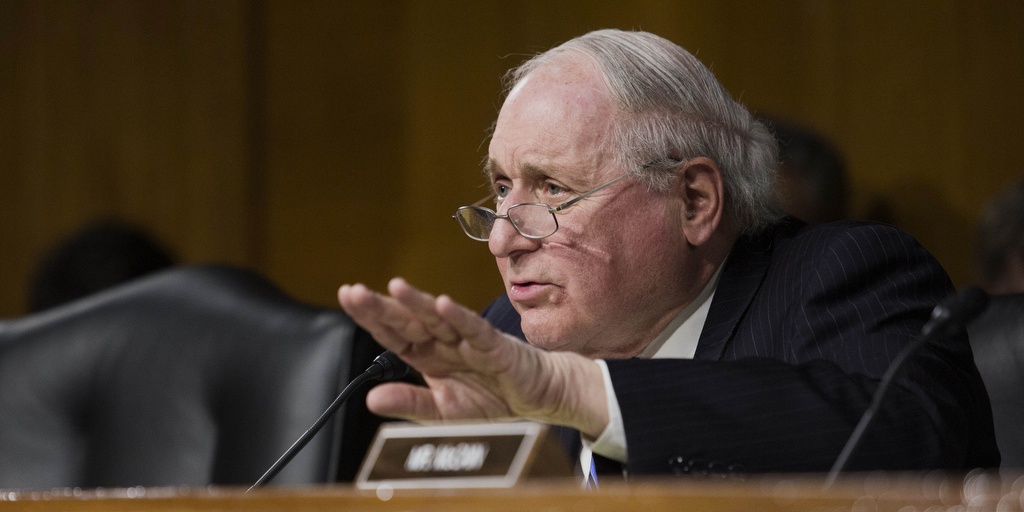Large Partnership Audits on The Rise: Congress & Senators Complained

Earlier this year, both the Government Accountability Office (GAO) and members of congress spoke out about the state of audits for large partnerships. A long ambiguous term, the GAO has been pressured to define exactly what a large partnership means. Based on partner size and asset size, the criteria that the GAO uses for reporting purposes are those partnerships that are $100 million or more in assets and 100 partners or more. Rockland county and New York large partnership qualifiers, let it be known that despite the largely publicly- unavailable data on your partnership, an Internal Revenue Service (IRS) audit could be in your future.
Both the IRS and Congress, recognize that based on the aforementioned criteria, less than 1.0% of large partnerships ( 0.8%) are audited each year even though the number of large partnerships has increased by more than 200%. The tax equity and fiscal (TEFRA) has protected these businesses because the intense scrutiny outlined in TEFRA requires so much time and so much money; money the IRS doesn’t necessary have since its budget has been cut by close to $ 1 billion since 2010. Moreover, large partnerships account for $2.3 trillion in assets and $ 68.9 billion in net income. Large partnerships don’t generally pay taxes their partners – their partners do. Large partnerships however, must file annual tax returns that report gains and losses along with income and deductions. Earlier this year, United States senators declared that the IRS was losing massive amounts of revenue for not auditing large ( )
Field Audits Versus Campus Audits
Before we proceed with some interesting facts and ways to survive an audit, the office of Scott M. Aber, CPA thinks it’s necessary to distinguish between the two types of audits that you may come across when selected by the IRS for investigation or a random audit.
The first and most customary type of audit is the field audit. A field audit will generally include a comprehensive review of a large partnership’s book and records. The second type of audit is the campus audit which differs from the field audit in that an investigation will review a large partnership’s returns respective to its partners’ returns. Either way, both audit types possibilities are imputus to enlist the services of a qualified Certified Public Accountant (CPA) like Scott M, Aber, CPA of New York, New Jersey and Connecticut. Without the right accountant, your firm risks unnecessary exposure not to mention heavy penalties for inaccurate filings.
Some Interesting Large Partnership Audit Facts
Take a look at these facts if you don’t believe the IRS will crackdown on large partnerships:
-
Between the filing years of 2002 and 2011, the total number of large partnerships skyrocketed from 720 to 2,226. This equates to an over 200% increase.
-
Between the same tax years, the average asset size and average number of direct partners also increased.
-
For fiscal year 2007, only 11 large partnership audits were conducted. In fiscal year 2013, 31 field audits were conducted.
-
For campus audits during the period, we saw an increase 42 to 143 audits.
How To Prepare For An Audit
Since the IRS is increasing the number of audits for higher income taxpayers, those who file with tax shelters and corporations, your chances of being selected for an audit as a large corporation or large corporation partner are bigger. Now, what can you do to prepare for an audit? Here are some of our suggestions:
-
Use a qualified accountant to prepare and file your taxes. Scott M, Aber, CPA is a trusted tax preparer and advisor with significant experience.
-
Understand your tax returns and those of your partnership. Have your accountant walk you through your filings line by line, so you know what it is you filed.
-
Keep accurate records… bookkeeping, bookkeeping, bookkeeping. You should make sure your partnership and individual records contain the following:
Three (3) years of tax records including tax returns
Journal of deductible items
Organized bills
Cost basis tracking system for taxable investments and property
All relevant checkbook stubs
Red Flags For An Audit
If your large partnership wants to help its odds of avoiding an audit, take a look at the following items that could tip the IRS off and try to avoid them:
-
Intricate business Transactions
-
Intricate Investment transactions
-
Concealed Cash Receipts
-
Tax-Shelter Losses
-
Excessive Charitable Donations
-
Excessive Itemized Deductions
-
Inaccurate W2 or 1099 Reporting
-
Prior Audits
Contact Us To Protect Large Partnerships
With the recent increase in large partnership audits across the United States, it is very critical that these firm files and report to the IRS accordingly. Scott M. Aber, CPA is a full service accounting firm in Rockland County serving the NY metropolitan and Tri-state area. Give our office a call at (845)215-5969 or complete our online consultation form and we will get back to you promptly.

